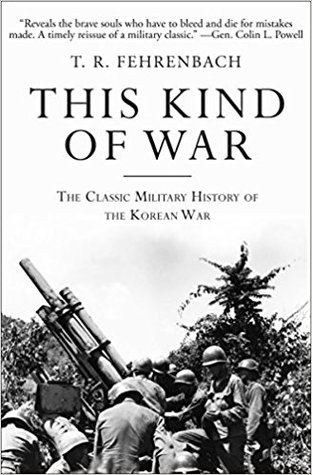More on this book
Community
Kindle Notes & Highlights
Read between
May 13, 2022 - August 22, 2024
But because Americans for the first time lived in a world in which they could not truly win, whatever the effort, and from which they could not withdraw, without disaster, for millions the result was trauma.
General Hodge was criticized for this inflexible attitude; the world had not yet learned that it is completely impossible to do business with Russians except from either a position of power or upon Russian terms.
problem was that America had fought the war—as she had most of her wars—as a crusade, while Russia had fought first for survival, then for power. Crusades are usually inconclusive; it was no accident that Russia won the peace. And it was no accident, in the late forties, that the makers of American policy, unwilling to backtrack with the public, began to try to isolate foreign policy decisions from public and Congressional control.
A war is made when a nation or group of nations is frustrated in political aims or when ends can be achieved in no other way.
Citizens, unless they hear the clarion call, or the angel’s trumpet, are apt to be a rabble in arms.
the real function of an army is to fight and that a soldier’s destiny—which few escape—is to suffer, and if need be, to die.
To remain a great power, the United States had to provide the best in nuclear delivery systems. But to properly exercise that power with any effect in the world—short of blowing it up—the United States had also to provide the bread-and-butter weapons that would permit her ground troops to live in battle.


